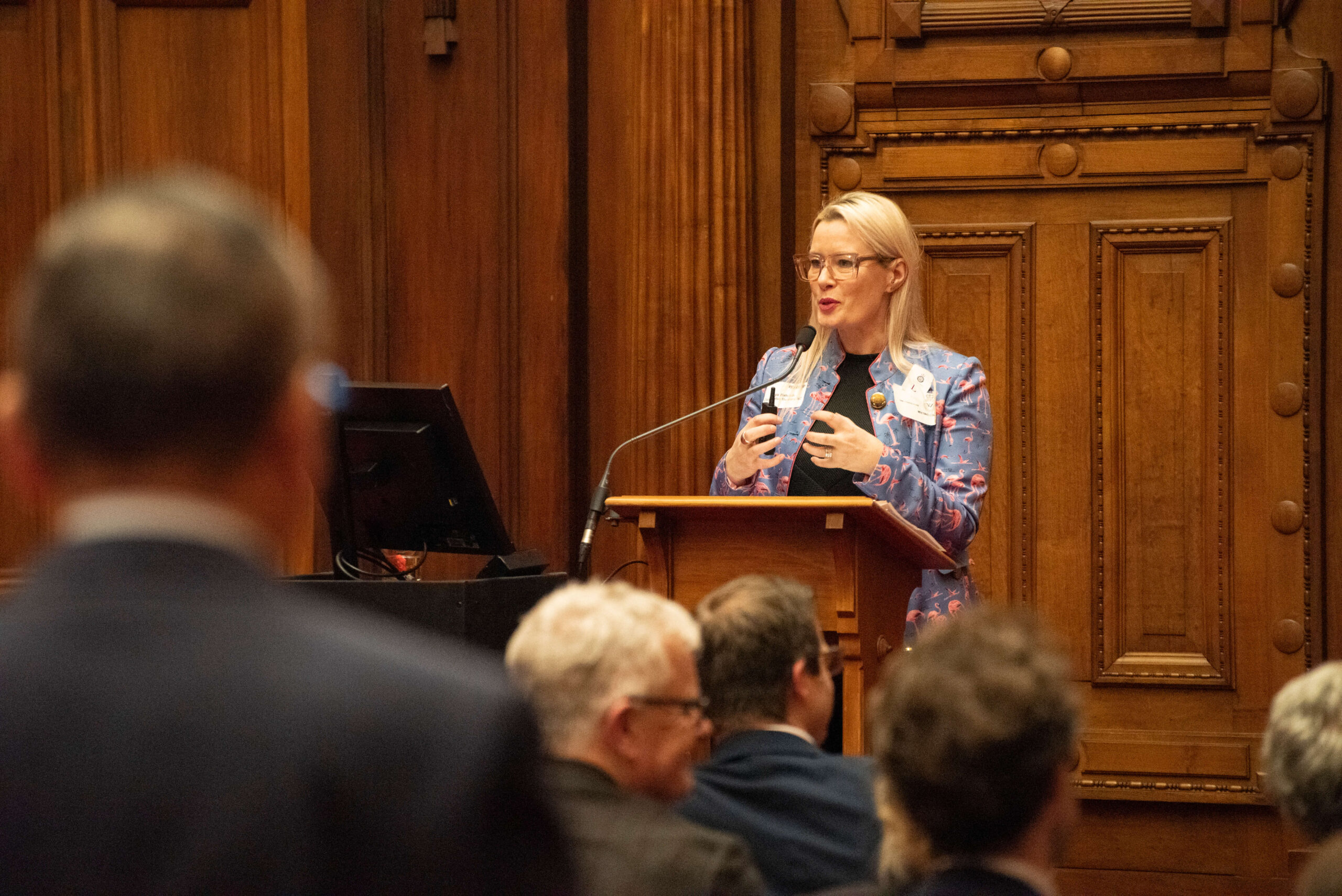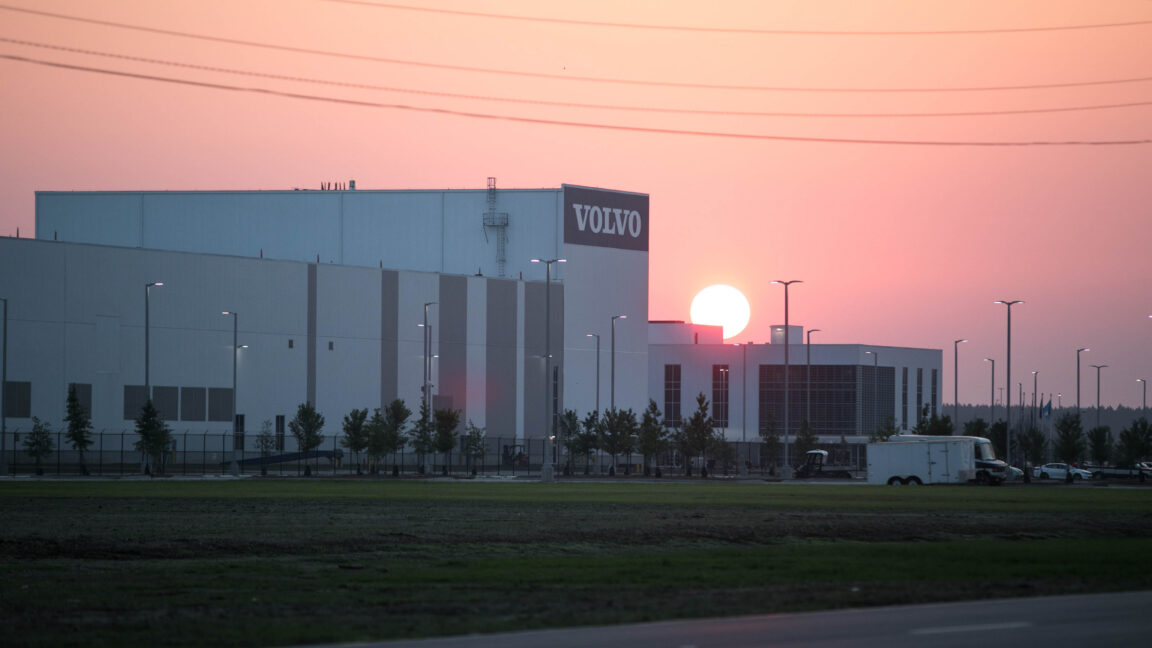By Annette Scott,Cooperative Business New
Copyright farmersweekly

Reading Time: 2 minutes
A report released by Cooperative Business New Zealand says that co-ops and mutuals pack a punch and keep prosperity close to home.
The significant contribution the co-operative and mutual sector makes to NZ was acknowledged at an event at Parliament to coincide with the release of the NZ Co-operative Economy Report 2025.
The report by Cooperative Business NZ (CBNZ) provides the most comprehensive picture to date of how co-operatives and mutuals contribute to everyday life, regional prosperity, and national productivity.
“Co-operatives in NZ absolutely punch above their weight. They are more than businesses; they’re long-term partners in our economy and our communities,” CBNZ chief executive Saya Wahrlich said.
“Co-ops build a better world, and this report shows how they’re doing just that in NZ.”
The report highlights that co-operative businesses last five times longer than standard companies, with the country’s top 30 co-ops and mutuals reporting $51.9 billion in revenue, equivalent to 12.5% of GDP, with assets valued at $43.5bn in 2024.
The top 30 directly employ more than 49,000 people, 1.5% of the workforce, and serve 1.66 million members.
“Co-ops and mutuals touch almost every part of our daily life, rural services, banking and insurance, health, groceries, construction, and they anchor vital export chains,” Wahrlich said.
“They are some of our most trusted and successful brands, and our most enduring businesses.
“This isn’t one sector. Our report shows it’s a system woven through Aotearoa.”
Co-operatives lift productivity for smaller firms through pooled procurement and shared services, anchoring prosperity locally via member ownership and regional footprints.
CBNZ chair Mike Brown said co-operatives are more than just a business structure.
“They reflect who we are as a nation, collaborative, community-driven, and forward-thinking.
“From our rural heartlands to our urban centres, co-ops have long played a central role in shaping our economy and supporting the wellbeing of our people.”
Brown said far less value drifts offshore in a co-op model and in this United Nations International Year of Co-operatives, it’s fitting to acknowledge the sector’s sizeable role in NZ’s economic footprint.
Co-op NZ is the peak body for co-operatives, mutuals and member-owned enterprises in NZ, which include producer co-ops such as Zespri and Fonterra, consumer co-ops like Farmlands, Ravensdown and Foodstuffs as well as mutuals such as the FMG Group and Southern Cross Health Society.
Wahrlich said generally co-ops are formed around a common shared challenge that needs to be collectively addressed to be overcome, in which the strong governance of a co-op or mutual, underpinned by a future-proofed constitution and a co-operative ethos, is key to success.
Wahrlich a challenge facing co-ops is that “farmers age and the new generations come through that haven’t necessarily felt the pain that initially prompted the formation of the co-op”.
“That ethos and understanding of the nature for a good ownership model is really important to their ongoing success.”
The long-term perspective of a co-op means there are opportunities to think about future capital needs of the business.
“A co-op structure has different levers to pull when it comes to capital raising but this needs to be well planned and over time there’s lots of co-ops reassessing, ‘Is that the right model, is it a healthy thing to do?’
“We have definitely got some gaps in NZ, but now with this report, I feel armed for these conversations.”



